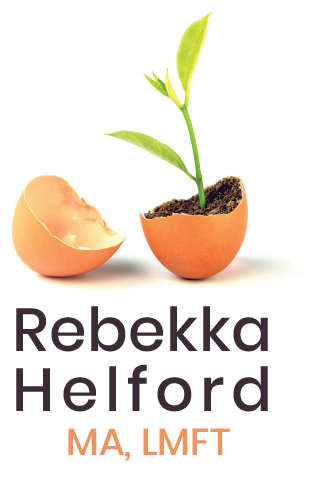Minding manners
"He gave you a cookie - say thank you!"
"You want some? What's the magic word? Say please. I didn't hear you!"
Wrangling manners is a familiar subject to many the parent of a toddler. It fits in well with our notions of needing to civilize the savage beast of the under-5 set. And believe me, as a parent educator and parent of a toddler myself, I'm all in favor of helping to introduce children to the social norms and expectations of the wider world.
I often hear things like, "Should I try and force/nudge/remind/require my child to say please/thank you/sorry?" or "My parent/brother/nanny/friend always tries to get my child to say please/thank you, and my kid just doesn't get it. Honestly, the whole thing makes me a bit uncomfortable." Sometimes parents or other caregivers seem really upset that their toddlers are not "being nice" or "being polite" and devote a lot of energy to exacting compliance on this issue.
I understand the motivation. Many of us were raised by parents who expected respect due to their being elders, as this was the de facto expectation of them. Indeed, many elders are worthy of our respect. But, as we too often see in this day and age, many, sadly, are not.
So, in response to these questions and stories - our collective hand-wringing about whether our whiny, grabby, ungrateful little savages will ever play nice and learn the rules - I pose my own in return.
Are we polite to our children?
Do we show them respect?
Do we, in essence, treat them like human beings?
Let me break these points down.
By being polite to our children, I am wondering if we model (and really mean!) use of cue words like please and thank you during exchanges. Do we say we are sorry (and really mean it) if our actions cause our child pain or discomfort (even as we set a boundary they may not like)?
By showingrespect to our children, I am wondering if we make space for their autonomy (again, while still setting appropriate parental boundaries), if we respect their bodies and personal space as we would with any other person. Do we give notice (not a warning, as this implies something bad) before acting on their bodies, or do we snatch them up suddenly from behind or grab things out of their hands to teach them that grabbing things is wrong? Do we respect their boundaries and need for distance, or do we steal hugs and kisses from unwilling subjects?
By treating them like human beings, I most assuredly do not mean treating them like adults. Rather, I mean that we respect, honor, and make space for whatever feelings they have, however big, and still set appropriate parental limits with a gentle, yet firm, touch. Do we acknowledge and express genuine curiosity about their budding selfhood - their minds, preferences, opinions, and ideas - even as they change before our eyes, without judgment or shame?
Take a moment to consider these questions.
Children learn in many ways, among the most important of which is learning by modeling, done in sensitive, attuned relationships.
If we are polite, are respectful, and treat our children - and others - like human beings, our children will too.If we do not, our children may learn to say "please," "thank you," and "sorry" at all the right times, but they may never mean it.
Rebekka Helford is a licensed marriage and family therapist in private practice in Los Angeles, California. With over a decade of experience working with parents and young children, Rebekka specializes in short-term intensive parenting consultation, using a variety of tools including home, office, and school visits to help families navigate developmental hiccups and get back on track. Virtual visits now available!
Click here to schedule an appointment or contact Rebekka with a question – who knows, she might even answer it in her next post!


